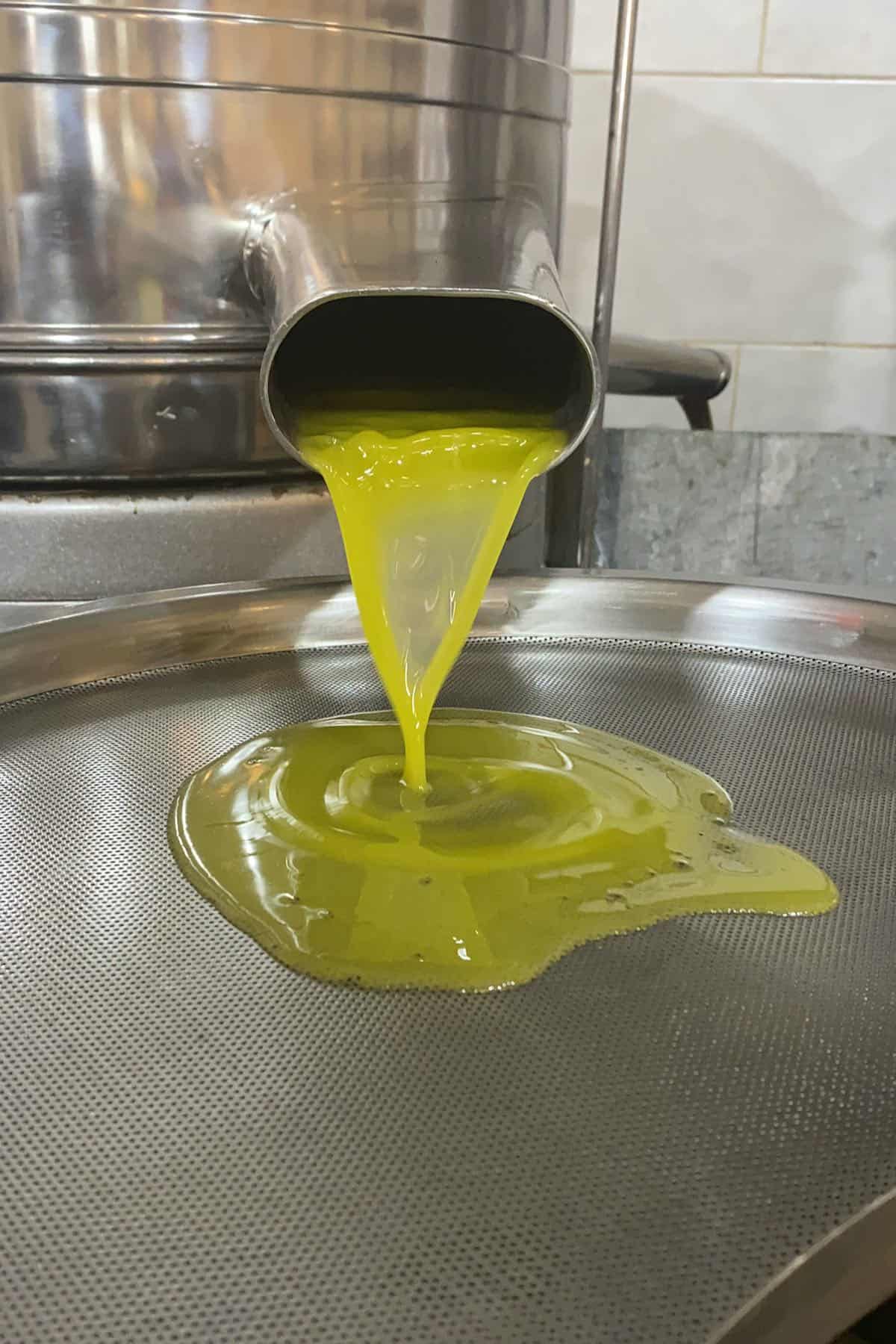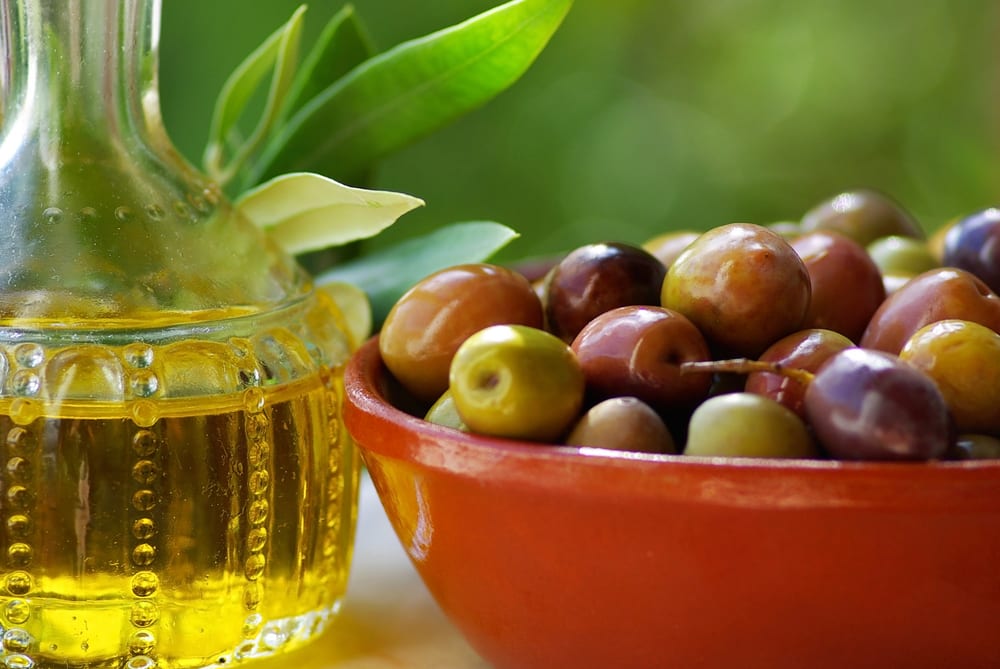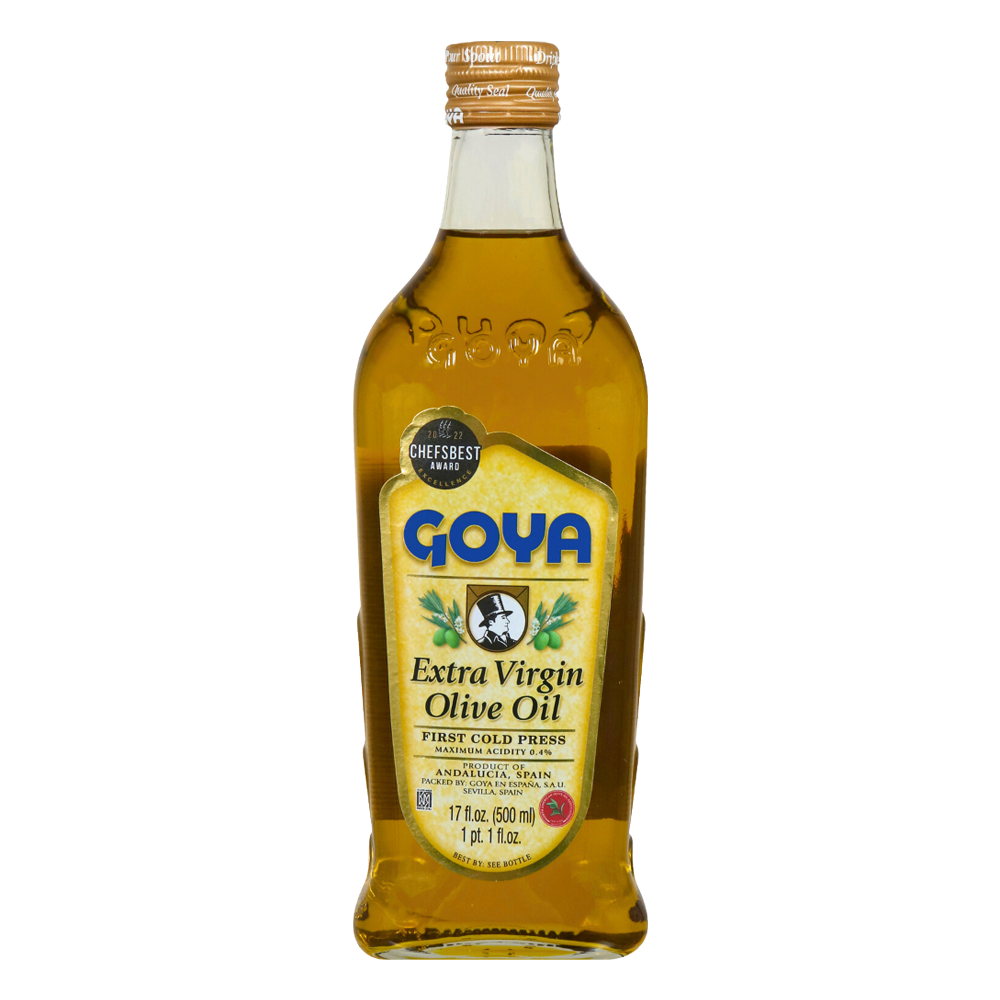Exploring the Various Kinds of Olive Oil and Their Uses, Consisting Of Bonus Virgin Olive Oil
The expedition of olive oil includes a varied range of types, each offering culinary applications and distinctive flavors. Extra virgin olive oil, renowned for its remarkable quality and health and wellness advantages, offers as a staple in lots of kitchens, yet it is only one aspect of this complex ingredient.
What Is Olive Oil?
Originated from the fruit of the olive tree, olive oil is a staple in Mediterranean cuisine and a vital ingredient in different cooking applications. This functional oil is produced by pressing whole olives, resulting in a liquid that varies in shade, taste, and fragrance depending upon the kind of olives made use of, the area of cultivation, and the extraction process. Olive oil is primarily composed of monounsaturated fats, especially oleic acid, which is recognized for its possible health and wellness benefits, consisting of anti-inflammatory buildings and cardiovascular support.
Along with its culinary uses, olive oil has a long history of application in conventional medicine and skincare, owing to its rich antioxidant content (extra virgin olive oil benefits). The oil is typically utilized in dressings, marinates, and for cooking techniques such as sautéing and roasting. Its distinct flavor profile can enhance the preference of numerous meals, making it a crucial active ingredient for both home cooks and professional cooks
In addition, olive oil is commemorated for its duty in the Mediterranean diet plan, which is connected with various health and wellness benefits. As recognition of these benefits grows, olive oil remains to gain popularity worldwide as a basic element of a healthy lifestyle.
Kinds Of Olive Oil
Recognizing the various sorts of olive oil is necessary for both culinary fanatics and health-conscious consumers. Olive oil is classified primarily based upon its extraction technique and quality, which substantially affects its scent, taste, and health benefits.

Light olive oil, regardless of its name, describes a lighter flavor and not lower calories. It is ideal for those looking for a much more subtle taste in dressings and marinades. In addition, there are flavorful olive oils infused with natural herbs, flavors, or citrus, which can enhance recipes without the demand for extra seasoning.
Each kind of olive oil offers specific cooking functions, and understanding these differences allows customers to make educated choices that straighten with their cooking designs and health and wellness goals.
Extra Virgin Olive Oil
Bonus virgin olive oil (EVOO) is commonly considered as the finest olive oil readily available, renowned for its abundant flavor and countless health and wellness benefits. To be categorized as added virgin, the oil should be generated from fresh olives making use of mechanical procedures, without using solvents or extreme heat. This careful approach protects the oil's all-natural flavors, anti-oxidants, and healthy fats, causing a product with a low level of acidity level of less than 0.8%.
EVOO is bountiful in monounsaturated fats, specifically oleic acid, which is linked to lowered inflammation and enhanced heart wellness. It also consists of polyphenols, effective anti-oxidants that may provide safety results against chronic conditions. The taste profile of EVOO can differ considerably depending upon the olive selection and region of production, ranging from verdant and fruity to durable and sharp.

Culinary Uses of Olive Oil

In cooking, olive oil can be used for sautéing, roasting, and grilling, giving a much healthier choice to butter or various other fats. Its high smoke point makes it suitable for various cooking methods, while its anti-oxidants add to a heart-healthy diet plan. go Sprinkling olive oil over finished recipes, such as pasta, fish, or smoked veggies, can raise flavors and include a touch of sophistication.
Additionally, olive oil plays a considerable role in cooking, where it can change conventional fats in recipes for bread and visite site breads, giving wetness and a subtle preference. It likewise serves as a base for instilled oils, enabling chefs to trying out tastes such as garlic, herbs, or chili, better broadening its culinary possibility. Generally, olive oil's flexibility makes it indispensable in both home and specialist kitchen areas.
Choosing Top Quality Olive Oil
When choosing top quality olive oil, it's necessary to consider numerous essential factors that affect the item's health, taste, and aroma advantages. Most importantly, select extra virgin olive oil (EVOO), which is originated from the very first cool pressing of olives and consists of the highest levels of anti-oxidants and advantageous substances. Try to find oils that are licensed by recognized organizations, as this commonly ensures adherence to strict high quality criteria.
The packaging also plays a considerable role in protecting the oil's stability. Select oils saved in dark glass containers or tins to shield versus light deterioration. Focus on the harvest date; fresher oils provide remarkable taste and dietary worth, so pick items that are within 18 months of their harvest.
Be conscious of the taste; a good quality olive oil need to have an equilibrium of fruity, bitter, and peppery notes, indicating its richness and intricacy. By examining these elements, you can ensure you are picking the finest olive oil for your culinary needs.
Conclusion
In summary, the expedition of different kinds of olive oil reveals distinctive qualities and applications, with added virgin olive oil representing the peak of quality due to its low level of acidity and high antioxidant content. Recognizing the different ranges of olive oil permits for notified selections in cooking techniques, advertising healthier methods while improving the overall gastronomic experience.
Obtained from the fruit of the olive tree, olive oil is a staple in Mediterranean food and a key component in numerous culinary applications.The most typical kinds of olive oil consist of refined olive oil, pure olive oil, and light olive oil.Additional virgin olive oil (EVOO) is extensively regarded as the greatest top quality olive oil readily available, well known for its rich taste and countless health benefits. Choose for added virgin olive oil (EVOO), which is acquired from the first cold pressing of olives and consists of the highest possible degrees of anti-oxidants and advantageous substances.In recap, the expedition of various kinds of olive oil reveals unique characteristics and applications, with additional virgin olive oil standing for the peak of top quality due to its reduced level of acidity and high antioxidant content.
Comments on “Discover the Incredible Extra Virgin Olive Oil Benefits for Skin Health”